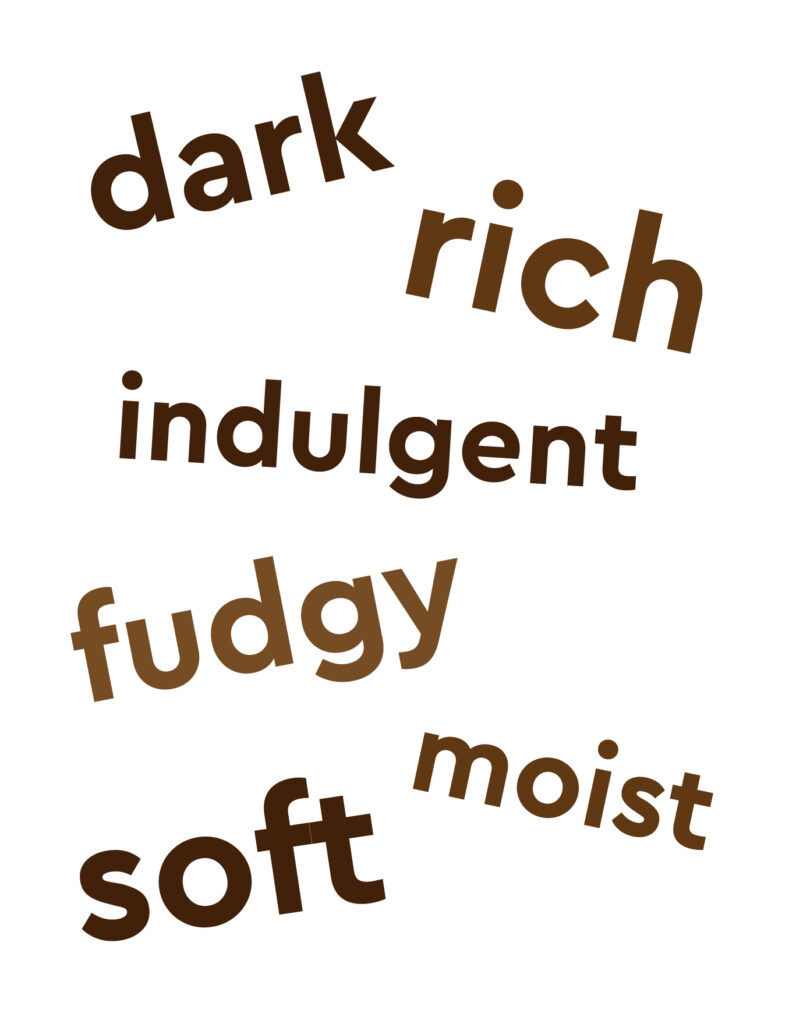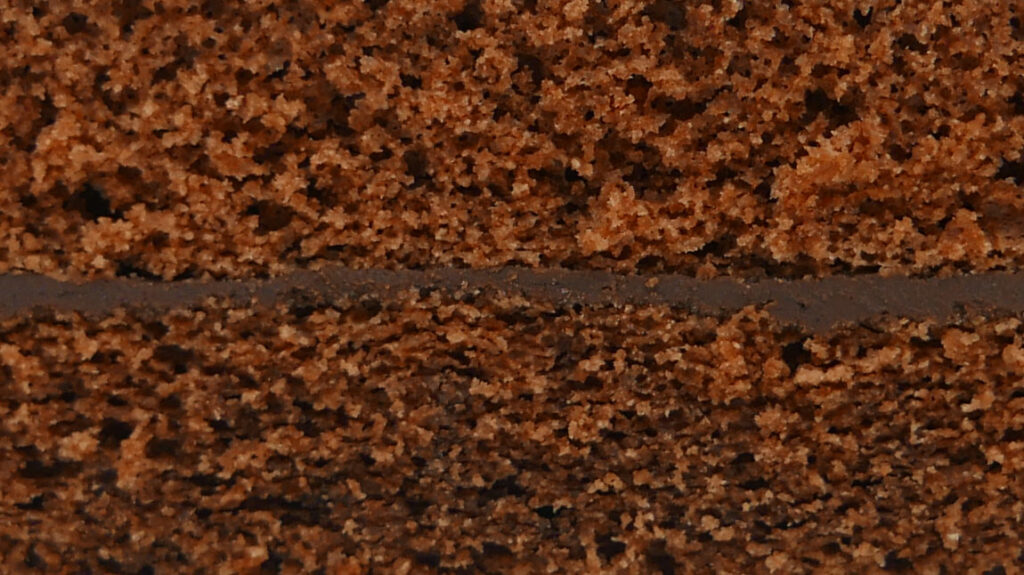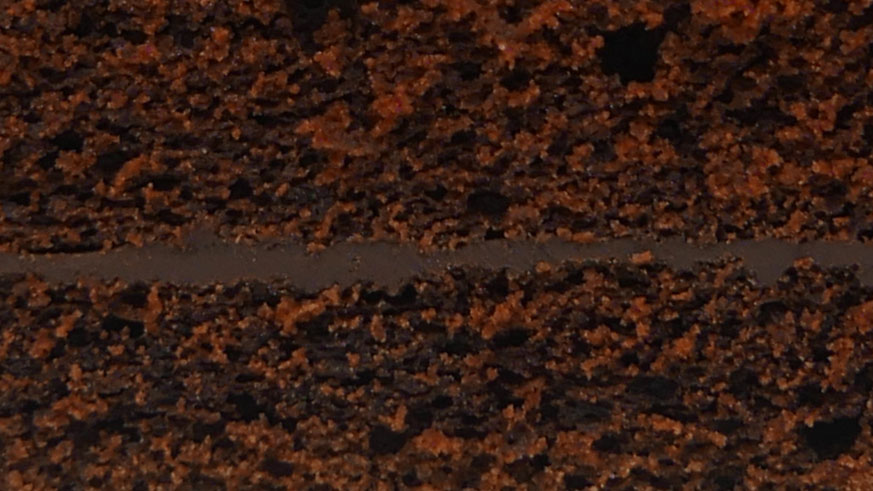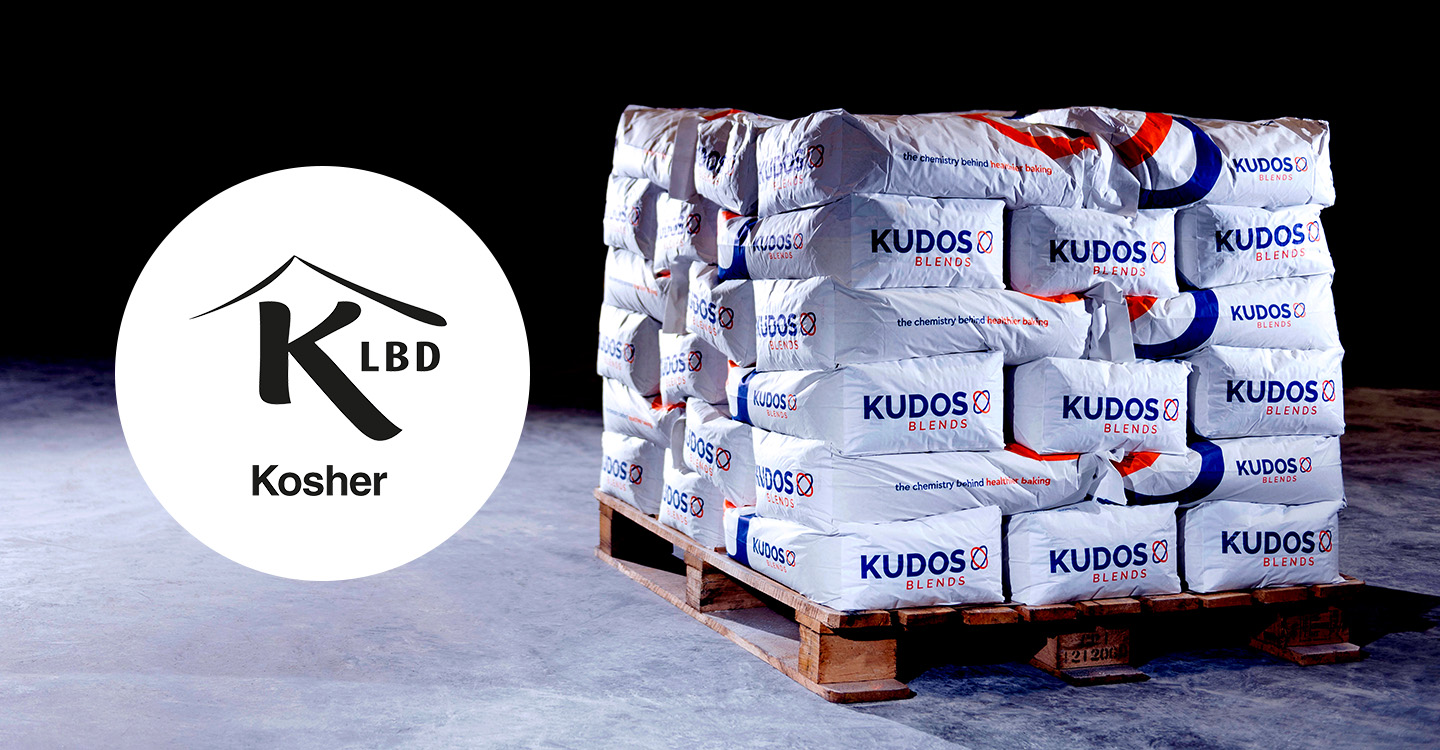Indulging in rich and decadent chocolate cake is a timeless pleasure that transcends cultural and culinary boundaries and has stood the test of time. With it being National Chocolate Cake Day this weekend, we sat down with our senior bakery technologist Steph to ask her a few chocolatey questions and delve into her knowledge of chocolate cakes and the industrial cake market.
What is the allure of chocolate cakes?
According to recent trends, chocolate cake has held its place as a go-to comfort, offering a delightful escape in the form of simple tasty treats or extravagant chocolate cake desserts. In the hustle and bustle of modern life, people increasingly turn to the reliable pleasure of savouring a well-crafted chocolate cake, making it a long-standing favoured choice in bakeries and supermarkets.
In your opinion, what are the current consumer preferences?
When it comes to chocolate cakes, consumer preferences take centre stage, with a focus on taste, texture and richness of colour. Through research over the years, including surveys and insightful discussions with colleagues and industry experts, I have delved into the details of chocolate cake preferences.
The findings always reveal that consumers are not only seeking a sweet treat; they are unconsciously considering the sensory experience involved. A darker internal crumb has emerged as the most preferred colour choice, showcasing a distinct preference for rich, dark chocolate tones and a fudgy appearance. These results underscore the importance of visual appeal in the consumer decision-making process.
Common words used to describe consumers most favoured and least favoured chocolate cakes:
Most

Least

Can you share some knowledge and science behind cocoa powder?
Adding cocoa powder can provide many benefits in a cake – it not only adds rich chocolaty flavour and deepens the colour, but also makes the cake softer and more tender by reducing the gluten content. The chocolatey flavour we know and love in the cake primarily comes from the natural cocoa solids, containing compounds such as theobromine and phenylethylamine. The type and quality of cocoa used plays a crucial role in the cake’s appearance, mouthfeel and taste.
For instance, natural cocoa powder is acidic and imparts a good chocolatey, slightly fruity flavour, but it is pale and does not give the appearance of a rich, chocolate treat. On the other hand, alkaline Dutch-processed cocoa is much darker in colour and is associated with a richer taste, however it is more expensive and has a milder chocolate flavour in baked goods.
Science plays a pivotal role in developing these variations. The acidity in cocoa powder reacts with a base ingredient in the baking powder, affecting CO₂ release and contributing to the cake’s texture. Having the ability to manipulate the pH level can influence the cake’s characteristics. Combining the correct ingredients at the optimum dosage is a very fine balance and our bakery and chemistry teams are constantly working together to find the right balance for each customer project. We have spent years perfecting how to obtain a deep, rich colour while maintaining the rich, chocolatey deliciousness consumers expect.
Why is it called Dutch-processed?
The Dutch process was developed in the early 19th century by a Dutch chemist and chocolate maker Coenraad Johannes van Houten. This method, known as “Dutching,” involves treating cocoa beans with an alkaline solution, usually potassium carbonate which neutralises the cocoa’s natural acidity and results in a milder and less tangy flavour. This development greatly expanded the use of chocolate, which had been mostly used as a beverage in Europe until that time.
ZEUS™ – Revolutionising Chocolate Cake Formulation
ZEUS™ C120 has been scientifically created to replicate the deeper colour characteristics of Dutch-processed cocoa powder, whilst using a standard, less expensive cocoa powder in the recipe. In addition to the improved colour intensity, C120 imparts the rich, indulgent chocolate flavour that consumers desire. Along with these benefits, C120 can also improve inclusion stability. We consider it to be a game-changer in the industry.
We conducted a taste test between cakes made with a standard baking powder against ZEUS™ C120 in the same recipe using a standard cocoa powder. The use of C120 made the cakes look much richer and darker, with colour analysis confirming these findings. Our internal sensory panel found the C120 cakes more visually appealing and noted a more chocolatey flavour without the use of any chocolate fillings or additions to the recipe.
Standard Baking Powder

ZEUS™ C120

These cakes have been made using the same recipe with the only difference being the baking powder. The photos were taken with the same lighting and camera to ensure conditions were controlled.
Finally, are there any advancements and trends that you have noticed in the chocolate cake world?
As with most bakery products, chocolate cakes with healthier profiles are becoming increasingly popular. Using ZEUS™ products in combination with our patented KODA™ products can reduce sodium levels in the final bake whilst still maintaining a darker, richer colour without compromising flavour.
Different flavour options will always be popular in combination with chocolate. Some flavours will stick around, and some will fade with trends. For me, along with chocolate, caramel is a timeless classic which won’t go out of style. Salted caramel is rapidly becoming a stable classic, with new flavours such as smoky caramel, dulce de leche and umami caramel flavours proving increasingly popular.
Modernising traditional favourites with new combination flavours is something that the industry and consumers are continually exploring. Today’s consumers are interested in taking caramel and reinventing it in unexpected ways. Millennials, in particular, are interested in comforting, classic & nostalgic flavours but with a modern and experimental upscale twist.
In conclusion, the continued rise in the popularity of chocolate cake among consumers is a testament to its timeless appeal. As we navigate the ever-changing culinary trends, chocolate cake stands resolute, continuing to delight our palates and capture our hearts by helping us make special celebration memories. From classic recipes to modern, innovative twists, chocolate cake remains a delicious constant in the dynamic world of desserts. We are excited to be able to contribute even further to the versatility of chocolate in evolving taste preferences to ensure it remains a steadfast favourite, transcending generations.
Get in touch with our experts to find out how our baking powders can transform your chocolate cakes and keep your eyes peeled for our case study related to chocolate intensity!










